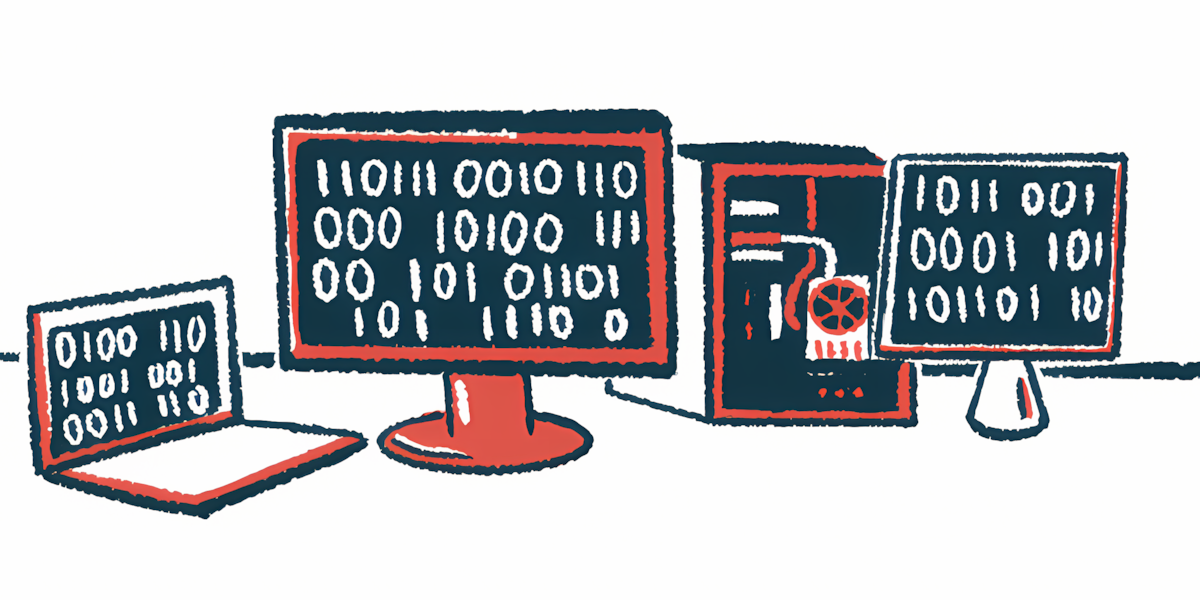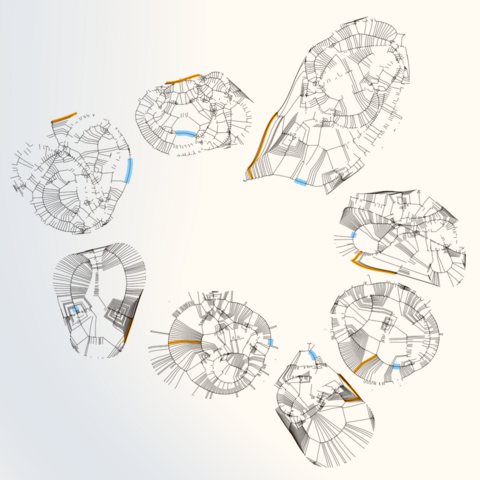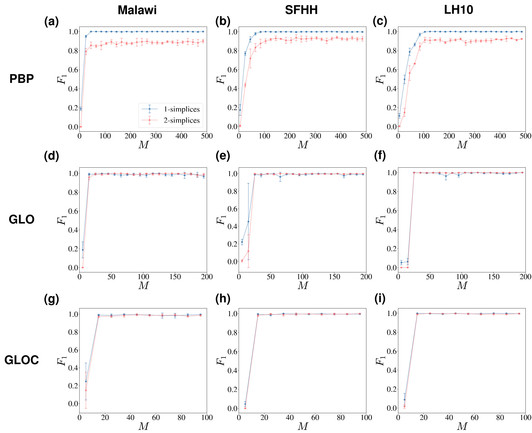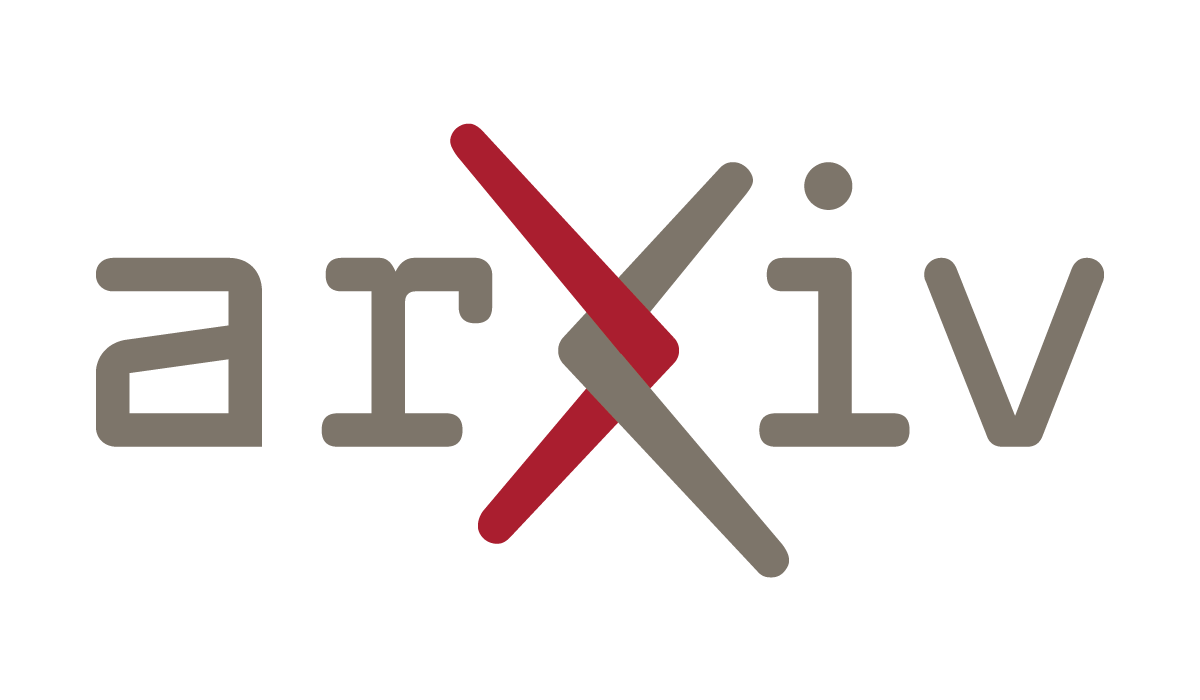Recent searches
Search options
#algorithm
The program no longer crashes and the fix was simpler than I thought.
Instead of comparing rounded doubles (what a silly idea) I did the proper thing, which is abs(a - b) < epsilon. A lot of times Takes maybe half second to generate the design. Then I can pan, zoom and rotate to find a screenshot I like.
I'm thinking that the lines that end in lonely places should end with a tiny knot. I may try that next.
If you don't have access to the journal, you can download it from here
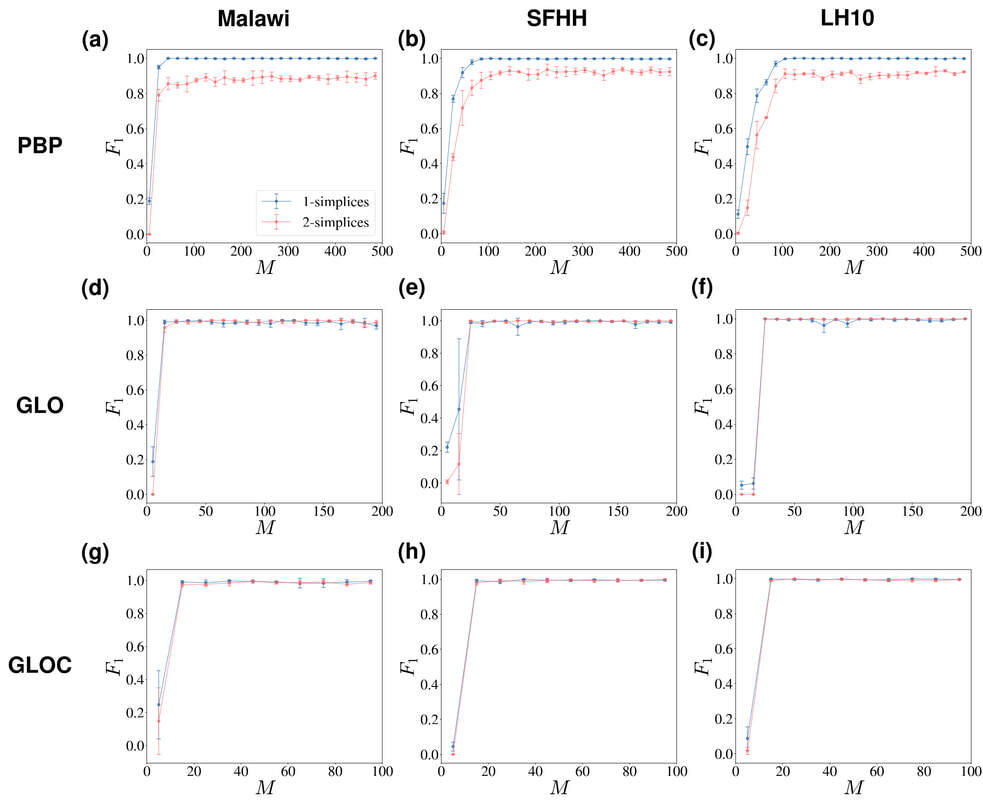
The paper is on Physical Review E
https://journals.aps.org/pre/abstract/10.1103/PhysRevE.111.044304
New paper, just out.
Often, in real-world situations, one does not know the full structure of a network. However, at the same time, one can often observe some interactions that take place on it, and may be interested in knowing its full structure. For example, one may be detecting some partial criminal activity and may want to determine the whole organization. We consider higher-order networks, which are structures with many-body interactions, and specifically simplicial complexes, and show that one can reconstruct a whole network almost perfectly simply by observing the transient of the dynamics that takes place on it. In fact, we give 3 different algorithms to do it, with different complexities and accuracies, so you can choose which one suits you best.
Exclusive: how the Atlantic’s Jeffrey Goldberg got added to the White House Signal group chat
"According to the White House, the number was erroneously saved during a “contact #suggestion update” by Waltz’s iPhone, which one person described as the function where an iPhone #algorithm adds a previously unknown number to an existing contact that it detects may be related."
https://www.theguardian.com/us-news/2025/apr/06/signal-group-chat-leak-how-it-happened
Explaining the #TrumpTariff #Equation - YouTube
A #Mathematician explains how banal and simple the #algorithm is for putting the whole #WorldEconomy in turmoil.
#UK creating ‘murder prediction’ tool to identify people most likely to kill
https://www.theguardian.com/uk-news/2025/apr/08/uk-creating-prediction-tool-to-identify-people-most-likely-to-kill
Did you know that #PhilipKDick coined the term #PreCrime?
https://en.wikipedia.org/wiki/Pre-crime
It's hard these days to find good blogs--many real gems have gone dark since the blogging heyday of, what, 2008 to 2017?
Yet the steely grip of privacy-guzzling, bubble-enforcing algorithms (I'm looking at search engines, not jush social platforms, here) is untenable.
1/
@writingcommunity @writers @writing #news #media #indie #algorithm #privacy #search #resist
#Child begging livestreams are actively promoted by TikTok's #algorithm and #TikTok profits from the #content despite having policies against begging
BETTER LIVING THROUGH ALGORITHMS https://clarkesworldmagazine.com/kritzer_05_23/ #Tech #Technology #ALGORITHMS #ALGORITHM

@nextcloud Looks like a copy and paste post here. This is #Mastodon, what #algorithm are you referring to? 
I 'boost' stuff I find interesting, or think needs more awareness, or is just damn funny.
I 'like' stuff to let the poster know I read it and appreciate/acknowledge/see the effort required to make the post. I may not agree with the sentiment but if it's in my locus of topics du jour I make an effort to acknowledge if relevant as an outlier.
Mastodon has no algorithms and I'm on a single user instance (i.e. just me!) so it is what it is - I guess. If you are offended by anything I post or respond to then let me know and we can talk about the topic.
#SocialNetworks that are fed by an #algorithm are causing much harm to you. Just one example of many: https://karl-voit.at/2024/07/13/social-network-filters/
Please do convince your friends and relatives to try out a healthy alternative like the #Fediverse here: https://karl-voit.at/2024/06/18/Fediverse-and-Mastodon/
When you visit your friends and family, tell them about not having #endlessscrolling or #doomscrolling. Tell them about being able to read unfiltered comments and articles. Tell them about not destroying your mental health all the time, following some #influencers that show a wrong picture of the world and the people.
Accounts on servers like https://graz.social are for free. (Donations welcomed: https://info.graz.social/spenden/ )
Have a happy weekend!

I wrote a brief piece on how the Fediverse helped me discover new and unusual concepts that reignited my enthusiasm for writing through tech minimalism.
Kudos to @HailsandAles and @denis; without you, this could happen, but not this fast

On top of banning all Recommender Systems on social media, we must change from being powerless users of Tech giant services into having democratic collective control of algorithms on all services we use!
Tech platform co-ops creating apps and services which users can democratically and collectively control
'Algorithms have the character of a sticky jelly that seeps into every nook and cranny, and once it hardens, it’s hard to peel off.
Learning to control algorithms will ensure that they do not end up controlling us: our clicks, our tastes, our individual and collective thoughts and imagination. “We want to democratize knowledge of these tools and open them up to the public.”'
https://english.elpais.com/society/2025-03-23/why-everything-looks-the-same-everywhere.html

Researchers at Kaiser Permanente developed algorithm to reduce #bias in #multiplesclerosis treatment decisions, ensuring more equitable access to highly effective therapies. A study tracking over 6,000 #MS patients in Southern California found that after #algorithm was implemented, the use of highly effective therapies increased by 90 percent among Hispanic patients, 87 percent among Black patients, and 80 percent among white patients. #healthcare #bias #discrimination https://multiplesclerosisnewstoday.com/news-posts/2025/03/07/algorithm-help-reduce-racial-ethnic-inequality-ms-treatment/
